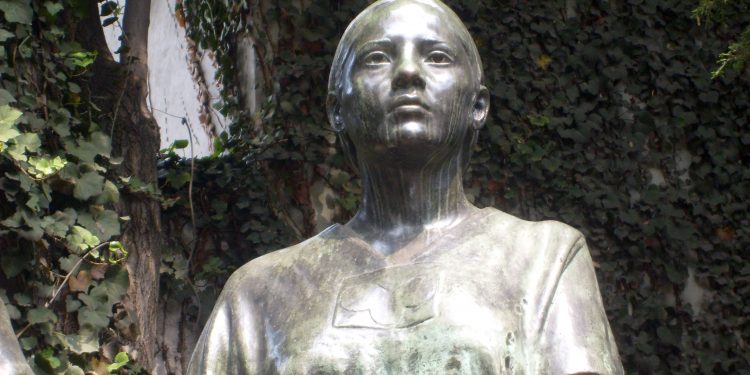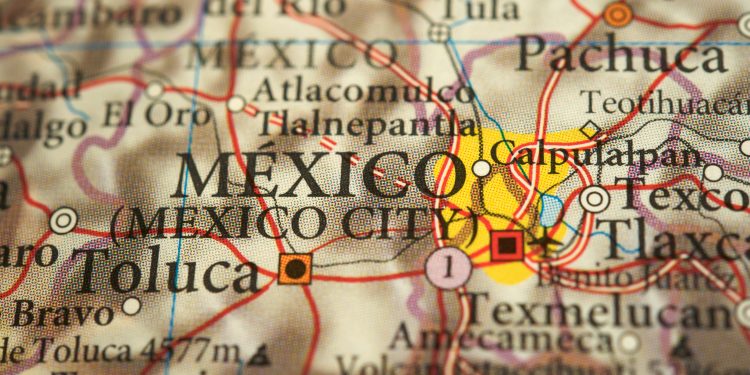Malinchista is a term some Mexicans use to describe other Mexicans who show a preference for foreign things, speak gushingly of the order and tidiness to be found abroad, or are critical of Mexico and Mexican ways vis-à-vis their foreign counterparts.
The expression malinchista (or the practice, malinchismo) harks back five centuries to the native woman Malinche —the Aztecs called her Malintzin, and the Spanish doña Marina— who served as interpreter for Hernán Cortés, became his mistress, and bore him a son.
Incidents in her early life meant that Malinche spoke both Maya and Náhuatl, and along with Gerónimo de Aguilar, who knew Spanish and Maya, allowed Cortés to communicate with the Aztecs in his conquest of Tenochtitlán.
For some, malinchista is tantamount to traitor, although this is much too strong for its real connotation. To say “no seas malinchista” in reaction to some comment, purchase, or opinion, can be as inoffensive as heckling a friend over his or her choice of favorite sports team.
Some writers have used the figure of Malinche to spin yarns about the Mexican psyche and the perennial search for a national identity—along the lines of the idea that the mestizos (people of mixed Indian and Spanish blood) were born out of treachery. This quasi-Freudian adaptation of the doctrine of original sin, which, by the way, assumes greater haste in profligacy in the captain of the conquistadores than among his men, was popularized last century, with its cubists and surrealists and the odd journalist dabbling in existentialism.
It contrasts with the practical view of malinchismo of writers in the 19th century, when exile in Europe was, as often as not, a matter of survival in turbulent political times. In his short novel, The Man of the Situation, —El Hombre de la Situación— Manuel Payno describes how Fulgencio, returning from England where he had liberally spent his father’s money to become a “gentleman,” is embarrassed by the rustic ways and unrefined tastes in food and dress of his parents and sisters. In their efforts not to offend the new-found sensibilities of the family heir, they find themselves sneaking into the local fonda for some real food: tostadas, quesadillas, mole. There’s nothing judgmental here, just teasing about the vanity of youth.
Mexico’s hot-and-cold relationship with foreign things, somewhat diluted in these globalized days, has two special cases: the U.S. and Spain. These are the two countries with which Mexico has the closest economic and cultural ties. But even a hard-core malinchista will think twice before extolling the virtues of the great neighbor and rival to the north, or singing the praises of the Iberian peninsula.
You could search high and low (on internet and in the microfilmed files of a century of newsprint) and not find a Mexican journalist who has gleefully qualified a president or cabinet minister with the prefix “Harvard-educated.” That is the habit of the foreign press, for foreign consumption. It’s not to say that they don’t study or take post-graduate courses in the U.S. and Europe, they do, but top of the list will be their alma mater: Universidad Nacional Autónoma de México, Politécnico, Tecnológico de Monterrey, or ITAM.
Finally, many a malinchista at home is a patriot abroad, perhaps drinking nothing but scotch in Mexico but when away demanding the one true blue agave tequila. This isn’t so much bad manners as bad economics.
Mexico in your inbox
Our free newsletter about Mexico brings you a monthly round-up of recently published stories and opportunities, as well as gems from our archives.





